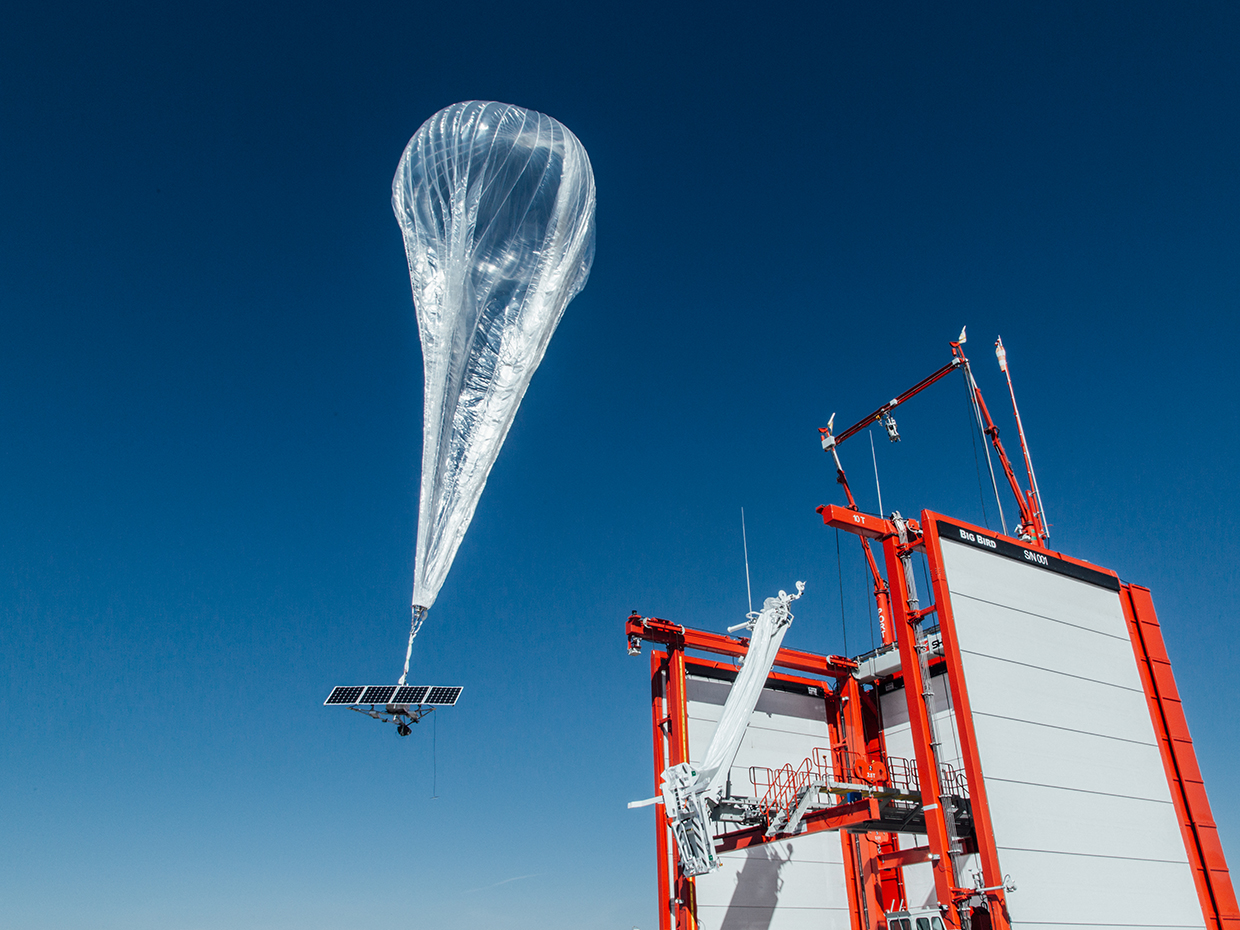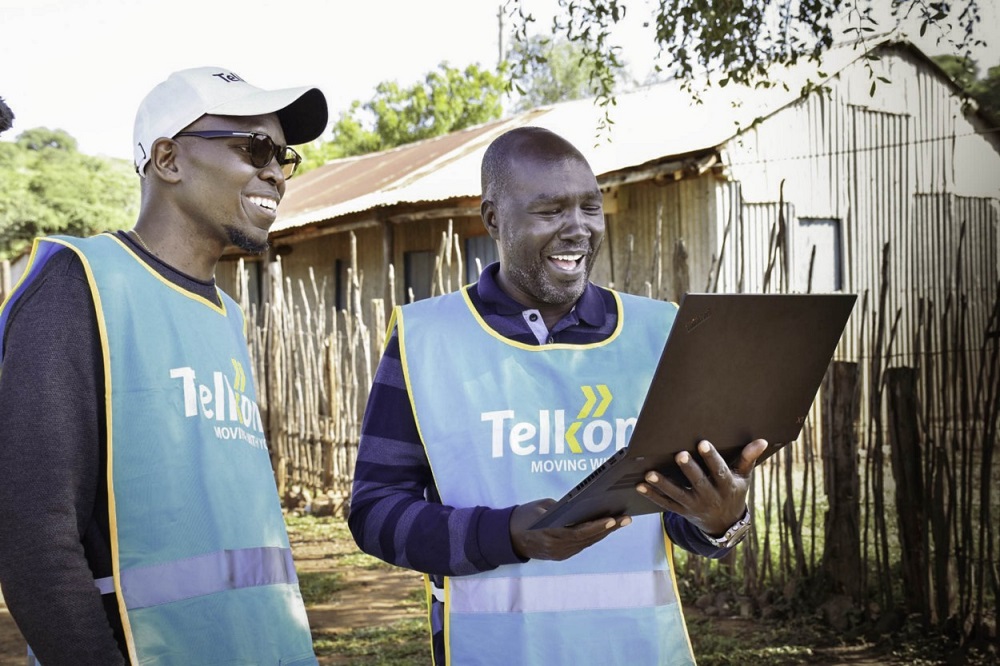Kenya Finally Signs Agreement To Allow Loon Internet Balloons To Fly In The Country

Due to the Covid-19 outbreak, schools have shut down, and the government wants to keep the learners busy at their homes. The government has encouraged schools to use e-learning facilities to continue their teaching.
One of the crucial announcements made today, in an official State House Presser, President Uhuru Kenyatta announced that the government had officially signed an agreement to “allow Google Loon balloons to access the Kenya airspace to enhance 4G network coverage.”
“This is to enable Kenyans access internet as they work from home during #COVID19 crisis,” he added.
In a statement, Telkom Kenya says Loon can now start flying its balloons in Kenya as “all the regulatory and cabinet approvals have … been secured.”
As a result, the balloons will be dispatched from Loon sites located in the US and are expected to arrive in the country in the next “few weeks” that will see the finals stages of network integration testing commence.
The Loon internet project is not new; however, it has been around for quite a while. Barely a week ago, we reported the stalled commercial commencement of the project, which was cited to be as a result of regulatory issues.
Telkom Kenya, together with Alphabet, Google’s parent company, were still waiting for the government’s approval through the Kenya Civil Aviation Authority and the Ministry of Transport.
Today’s announcement turns the tables, and it will be exciting to see the project finally onset. The sites to be served have already been identified, although the telco has not specified them yet.
Loon will also expand to other areas to help the government in fighting the virus outbreak. Loon aims at providing a 4G network to rural areas which have long been troubled on matters of network connectivity.
Kenyans in these marginalised areas will be able to; access emergency services and also keep in touch with their loved ones. The internet could potentially be used to connect remote clinics to the country’s national referral hospital, says Telkom Kenya.
Instead of setting up the network infrastructure, the balloon-powered internet network uses base stations which are set in strategic locations and navigate the stratosphere to provide internet to remote areas.
Follow us on Telegram, Twitter, Facebook or subscribe to our weekly newsletter to ensure you don’t miss out on any future updates.




One Comment